Halfway on the Journey of Exploring Social Impact Bonds
Edited on
30 August 2022'Are Social Impact Bonds (SIBs) going to be the new secret tool for providing adequate public services?' - asked eight European cities themselves in May 2020. Then they set out together on a journey to explore how SIBs can contribute to more efficient public services. Their joint trip promised to be a rough one from the start, which became even so due to Covid-19. The pandemic meant that the face-to-face meetings, which provided the basis for knowledge transfer and experience sharing, could only occur somewhere far in the unknown future. But the difficulties also brought new opportunities: the masterclasses enabled experts with extensive practical experience to join the cities in their collaborative work through online meetings. As a result, Aarhus (Denmark), Baia Mare (Romania), Fundão (Portugal), Heerlen (the Netherlands), Kecskemét (Hungary), Pordenone (Italy), Võru (Estonia) and Zaragoza (Spain) now have a solid knowledge base in the field of social impact bonds.
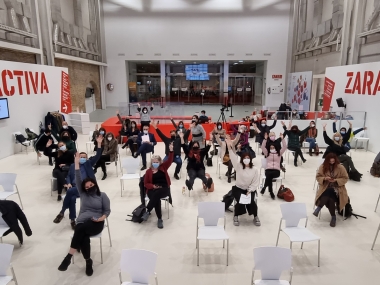
Different starting points
There are significant differences in size between the eight cities: Zaragoza, with a population of 750.000, is considered a large city by European standards, while Võru and Fundão have less than 20.000. These different sizes imply different social service and financial or budgetary options. The partnership includes two North-Western European cities, three Southern European ones and three cities from the former socialist bloc. Due to these cultural characteristics, expectations in terms of social services vary considerably. Moreover, there are significant differences between them regarding experience with SIBs, only Fundão and Pordenone having some. The other six cities did not have any experience of social impact bonds. However, Heerlen and Aarhus had some previous knowledge that would help develop a social impact bond.
Due to the unique profiles of the cities, preferences also varied in the scope of the SIBs. Ageing, loneliness and services for the elderly are the main challenges for Heerlen, Zaragoza and Pordenone. For Baia Mare, Kecskemét and Aarhus, employment and services for young people are more of a priority. In the cases of Fundão and Võru, the emphasis was less obvious, ultimately both focusing on the elderly.
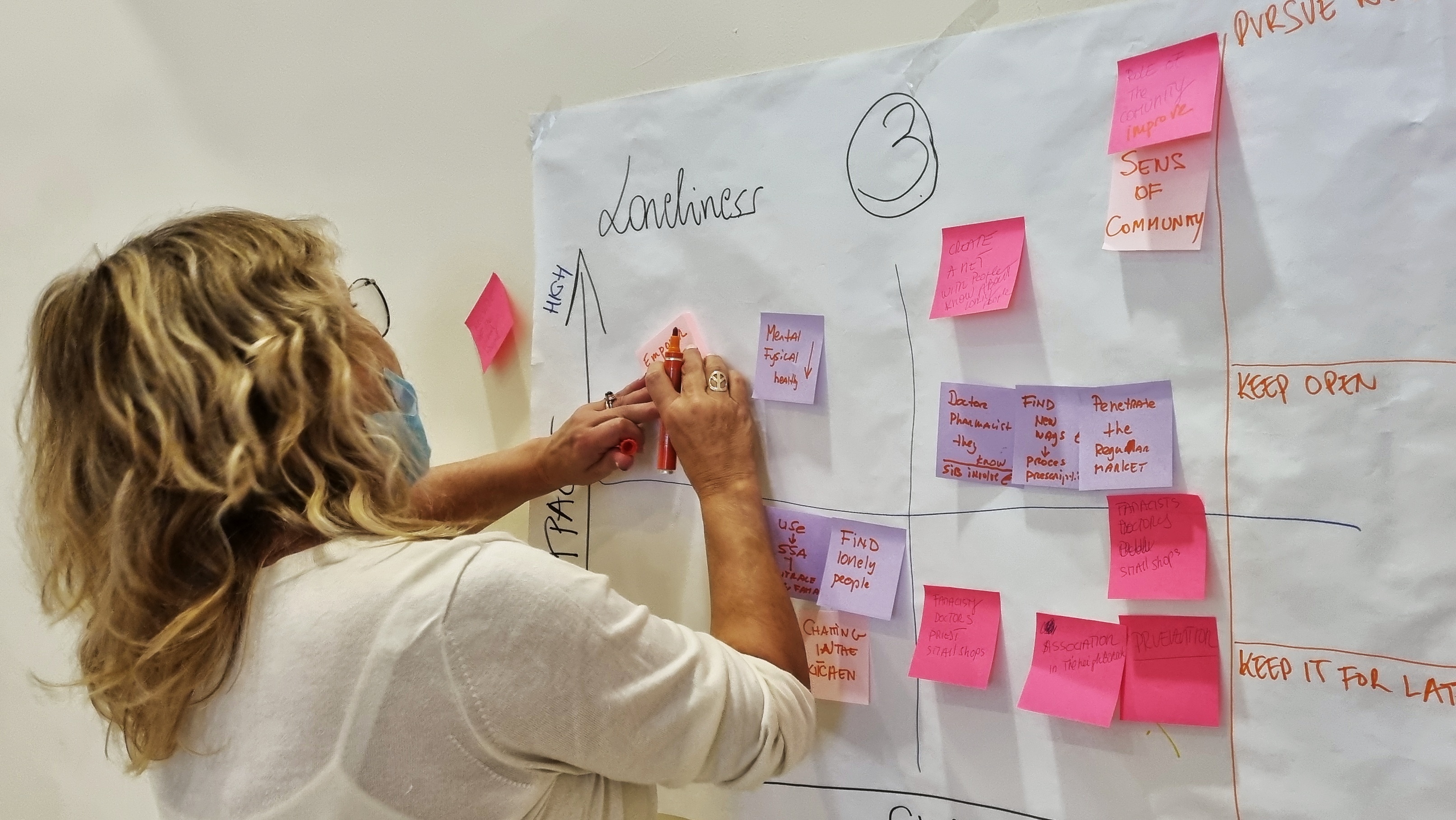
The learning process
As four cities out of eight had not previously participated in this programme, learning about the Urbact methodology was the first step, and the e-University sessions were of great help. The methodological elements learned during these sessions were further deepened during the transnational meetings.
Due to the lack of experience with SIBs, acquiring knowledge on social impact bonds was paramount. Therefore, it seemed appropriate to focus on an intensive learning process at the beginning of the project. In this respect, masterclasses based on the methodology developed in the AlpSib project funded by the Interreg Alpine Space Programme assisted cities in this process.
The first masterclass aimed to provide cities with a general theoretical understanding of SIBs, helping them absorb and understand subsequent presentations, providing deeper insight into the topic. This initial session also helped cities define the focus of their integrated action plans. The introductory lecture was followed by case studies of social impact bonds in five countries and six different areas and a pioneering Portuguese initiative providing funding for the development of several impact bonds.
The purpose of the second masterclass was to introduce participants to the theory and practice of outcome measurement. It focused on the concept of impact measurement and its application in practice, combining lectures, workshops and the illustration of a case study.
The third masterclass focused on SIBs as instruments of social change and innovation. As SIB commissioners or outcome payers, cities learnt how to engage, select, and manage provider organisations that deliver social interventions and game-changing solutions to social problems. They also learnt how to identify and stratify the target groups of such innovations according to varying levels of risk.
The purpose of the fourth masterclass was to analyse SIBs as an impact investment tool, focusing on the financial aspects and the perspective of the investor as a SIB contracting party.
During the fifth masterclass, cities analysed SIBs as an opportunity for innovation in public procurement. They explored advantages, barriers and challenges experienced by a public commissioner or outcome payer in undertaking the solutions explored.

The process of knowledge exchange
In addition to the intensive knowledge acquisition process, the exchange of experience became more and more critical over time. The uncertainties surrounding the organisation of face-to-face meetings and the specificities of online sessions made it difficult to plan and carry out this process. Nonetheless, the online meetings also provided a space for cities to share their experience. Online meetings organised in autumn 2020 focused mainly on sharing experiences on applying the Urbact methodology. Later, the transnational meetings organised in spring 2021 provided an opportunity for participating cities to share relevant professional experiences related to the project theme. In this way, Pordenone and Aarhus shared their experiences as virtual hosts in housing services for older people and citizen involvement.
Võru, the host city of the meeting organised in September 2021, presented its experience in managing social hackathon events. Participants learned about hackathons as an arena for initiating the co-creation of innovative solutions at the local level and co-creating a sustainable solution in school catering. Another vital step was the mid-term reflection on the project, looking back at the past and formulating ideas for the future.
The meeting in Pordenone organised in October focused on social housing. Participating cities were able to learn about four different social housing projects and gather personal impressions through visits and exchanges with the local Urbact group members. They were also able to learn about three forward-looking initiatives launched by the city. These aim to involve target groups usually less well empowered (such as women and young people) in the strategic planning of the city's future.
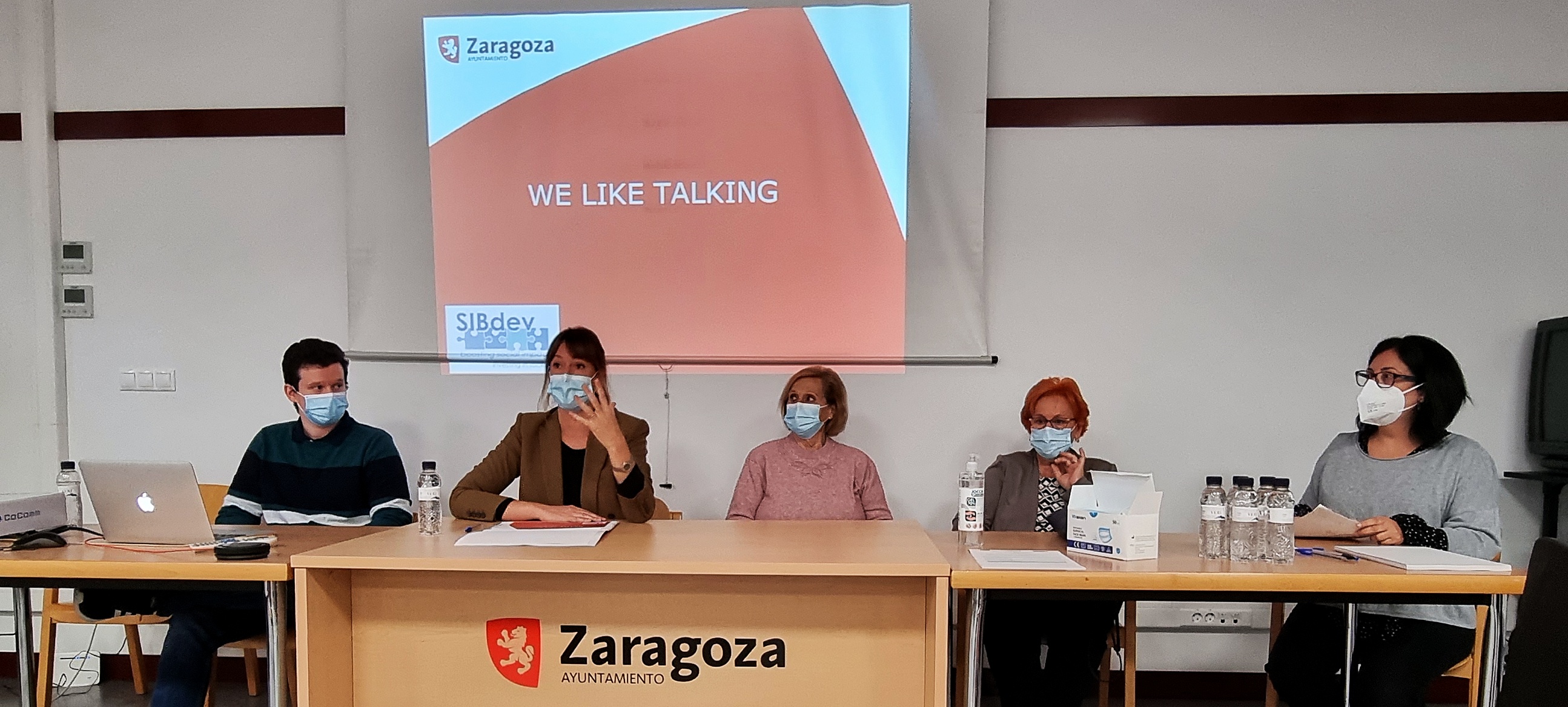
The central theme of the November meeting in Zaragoza was ageing, loneliness and services for older people. Experts from the Spanish city presented "We like chatting", a small-scale action implemented within SIBdev. The main question addressed by the action is to encourage and provide space for activity and community interaction of the elderly aged over 75 during the ongoing pandemic, using modern digital tools. In addition, cities shared their draft Integrated Action Plans (IAPs) and provided feedback through peer reviews to enrich each other's plans. Parallel to the event, staff exchange meetings took place. ULG members from Pordenone and Heerlen met with ULG members and experts from the Municipality of Zaragoza to learn about the city's services for older people and share their experiences.
The ‘Brussels Briefing’ event titled Social Impact Bonds - a tool for involving private capitalin social actions, which was organised as a side event to the European Week of Regions and Cities, was also a knowledge exchange. During this event, MEP Dragoş Pîslaru presented the role of SIBs in Cohesion Policy. Following that, Fundão showcased its previous SIB to train IT software developers and Aarhus its ongoing SIB to reduce homelessness among vulnerable youth.
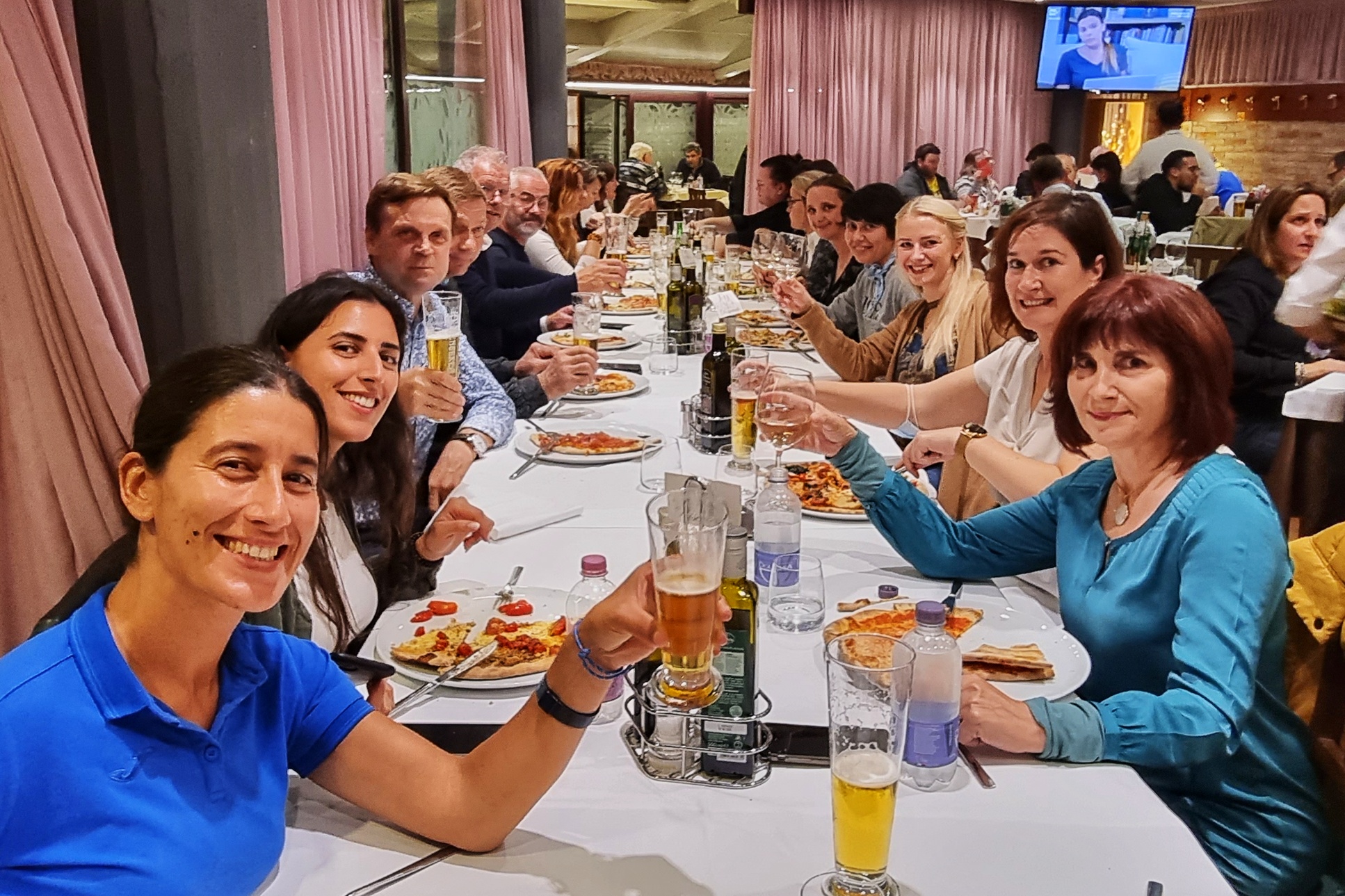
The last steps
In the last six months of the project, cities will focus on further exchanging experience and finalising the integrated action plans. An evaluation of the small-scale actions will take place in February. In addition, the project partners plan to visit four more cities to learn more about good local practices and small-scale actions. They will also finalise their IAPs and share and peer review them during the last project meeting.
At the project's launch, cities asked whether the social impact bond would be the new secret ingredient for adequate public services. Answering this question may be premature even for these eight cities concerned. But for sure, they have learnt a lot about ageing, loneliness and employment, as well as about social impact bonds and more generally about planning more effective social services during this joint journey over the past year and a half. So, our previous invitation is still valid. If you are interested in Finance or Social Services, follow the URBACT SIBdev network to find out how this tool can work in your city!
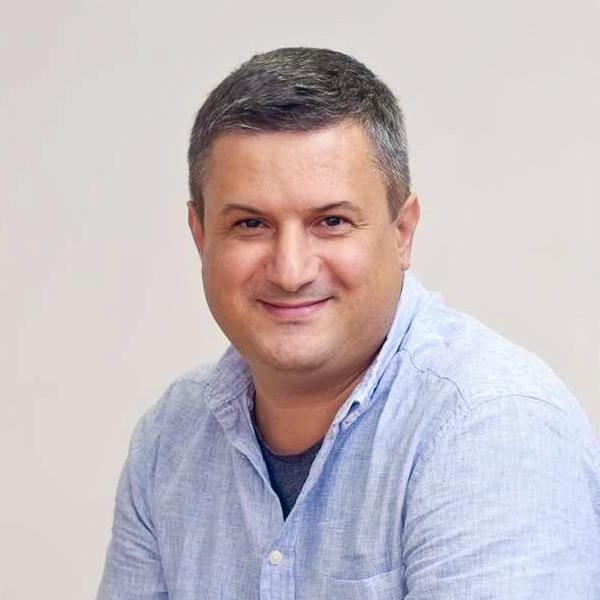 Submitted by Zsolt Séra on
Submitted by Zsolt Séra on
